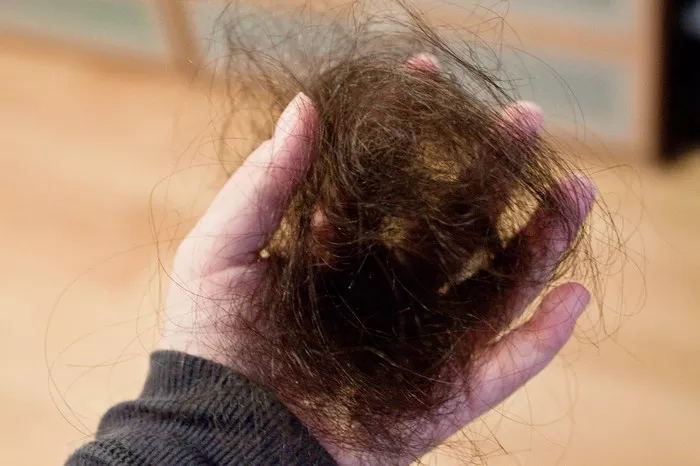In an unexpected turn of events, North Korea has witnessed a notable increase in cases of hair thinning and baldness, according to reports from South Korean experts. Radio Free Asia (RFA) engaged with these experts, revealing that the causes of this phenomenon may stem from various sources, including infections leading to hair loss as a secondary effect, and the use of soap and laundry detergent containing “harsh” chemical ingredients.
Choi Jeong Hoon, a North Korean doctor who defected to South Korea and currently serves as a senior researcher at the Public Policy Research Institute at Korea University in Seoul, shed light on the challenges faced by ordinary North Koreans. He explained that finding “mild” chemical products is “not easy” for them, with the cost of treatment being prohibitively high and often proving ineffective.
Treatments available typically fall under pharmaceutical and cosmetic categories, both of which can potentially accelerate hair loss. However, the efficacy of these products is questionable, given the lack of verification and regulation in the country. Many treatments, often touted for their beneficial effects on hair or skin, are more akin to “oriental medicines,” comprising topical tonics based on medicinal herbs, with minimal proven effects.
Ahn Kyung Soo, the head of DPRKHealth.org, a blog tracking health issues in North Korea, noted that some treatments involve unconventional methods, such as dipping a needle-like hairbrush into a glass bottle and rubbing it on the scalp for stimulation.
Another expert raised the possibility that military caps may contribute to hair damage due to inadequate ventilation, leading to bacterial buildup and clogged pores, resulting in hair thinning. In North Korea, all able-bodied men typically serve a mandatory 10-year term in the armed forces.
While the issue of hair loss is not unique to North Korea, with South Korea also grappling with sudden and widespread cases, it has become a notable concern. In the South, the problem even played a role in the presidential election, with candidate Lee Jae-myung gaining support by proposing that the government should subsidize hair-loss treatments.


